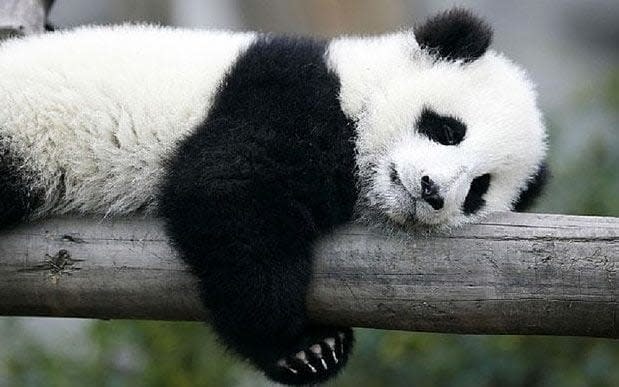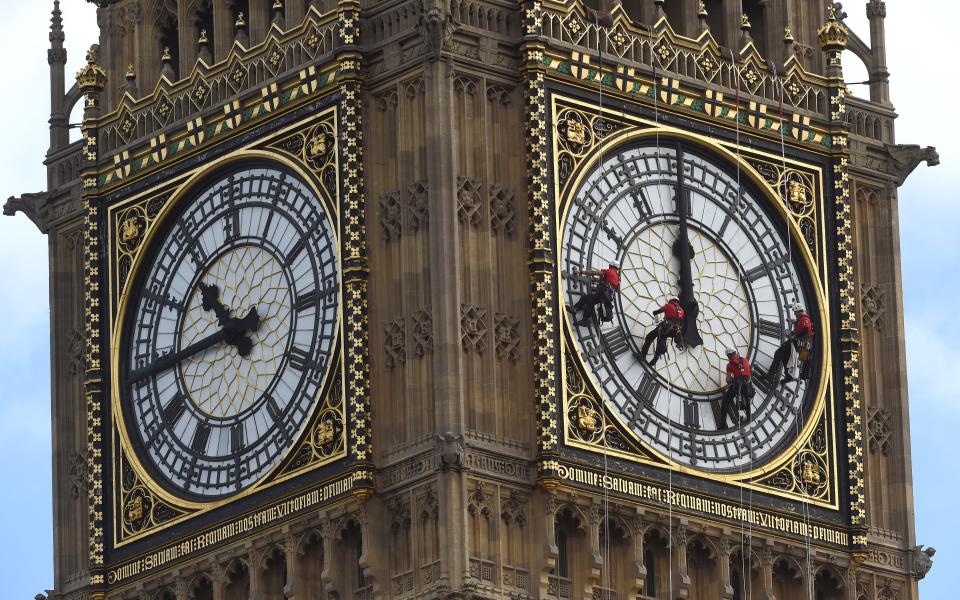World Sleep Day: 7 surprising benefits of taking a daily nap

In honour of World Sleep Day, we take a look at some of the apparent benefits of taking some time out of your busy schedule to catch up on your sleep.
It could save your life
Napping could reduce blood pressure and stave off heart attacks, according to Greek researchers.
They found that those who had a nap at noon later had lower blood pressure than those who stayed awake through the day in a study involving almost 400 middle-aged men and women.
“Midday naps seem to lower blood pressure levels and may probably also decrease the number of required antihypertensive medic [drugs],” said Dr Manolis Kallistratos, the lead researcher.
Keeps you focused

Both Margaret Thatcher and Sir Winston Churchill knew about the benefits of having power naps to stay focused for longer at work.
Baroness Thatcher famously slept for just four hours a night during the week, though she took regular daytime naps.
Sir Winston Churchill managed on just four hours sleep a night during World War Two – but insisted on a two hour nap in the afternoon.
Scientist Albert Einstein reportedly slept for 10 hours a night, plus daytime naps.
Helps you feel more refreshed
Post-lunch power naps can be as refreshing as a good night's sleep, according to a study.
Scientists have shown that a 60- to 90-minute siesta can charge up the brain's batteries as much as eight hours tucked up in bed.
Boosts productivity

Research suggests you should make time for naps.
Bosses should let their staff take naps at work as sleeping for 30 to 90 minutes in the afternoon can improve creativity, a leading brain researcher claims.
“It’s best to give your brain downtime. I have a nap every afternoon,” explains Vincent Walsh, professor of human brain research at University College London.
“It’s only since the industrial revolution we have been obsessed with squeezing all our sleep into the night rather than having one or two sleeps through the day.”
Improves your mood
Toddlers who are denied regular afternoon naps grow up into grumpier and moodier adults, a study indicates.
US researchers found that toddlers who miss just one daytime nap become more anxious and less interested in the world around them.
Reduces stress
What a bad nights sleep really does to your body
Spanish scientists believed they have proved a siesta is good for you and issued guidelines for the perfect nap.
A short sleep after lunch can reduce stress, help cardiovascular functions, and improve alertness and memory, according to the Spanish Society of Primary Care Physicians (SEMERGEN).
They suggest a siesta should be no longer than half an hour, others suggest it should not be longer than 15 minutes.
Reduces mistakes
Naps can restore alertness, enhance performance, and reduce mistakes and accidents, according to the National Sleep Foundation (NSF).
A study at NASA on sleepy military pilots and astronauts found that a 40-minute nap improved performance by 34 per cent and alertness 100 per cent, the NSF reports.
The best ways to reboot your sleep routine
Sleep habits of those at the top
As Prime Minister, Margaret Thatcher famously slept for just four hours a night during the week, though she took regular daytime naps.
When asked how many hours sleep people need, Napoleon Bonaparte is said to have replied: "Six for a man, seven for a woman, eight for a fool."
US President Barack Obama is understood to only sleep for six hours a night.
Business magnate Donald Trump boasts just three to four hours sleep nightly.
Sir Winston Churchill managed on just four hours sleep a night during World War Two – but insisted on a two hour nap in the afternoon.
Scientist Albert Einstein reportedly slept for 10 hours a night, plus daytime naps.
Bill Gates, former chief executive of Microsoft, says he needs seven hours of sleep to “stay sharp”.
Meanwhile, this simple 10-3-2-1-0 formula could make your days more productive.


